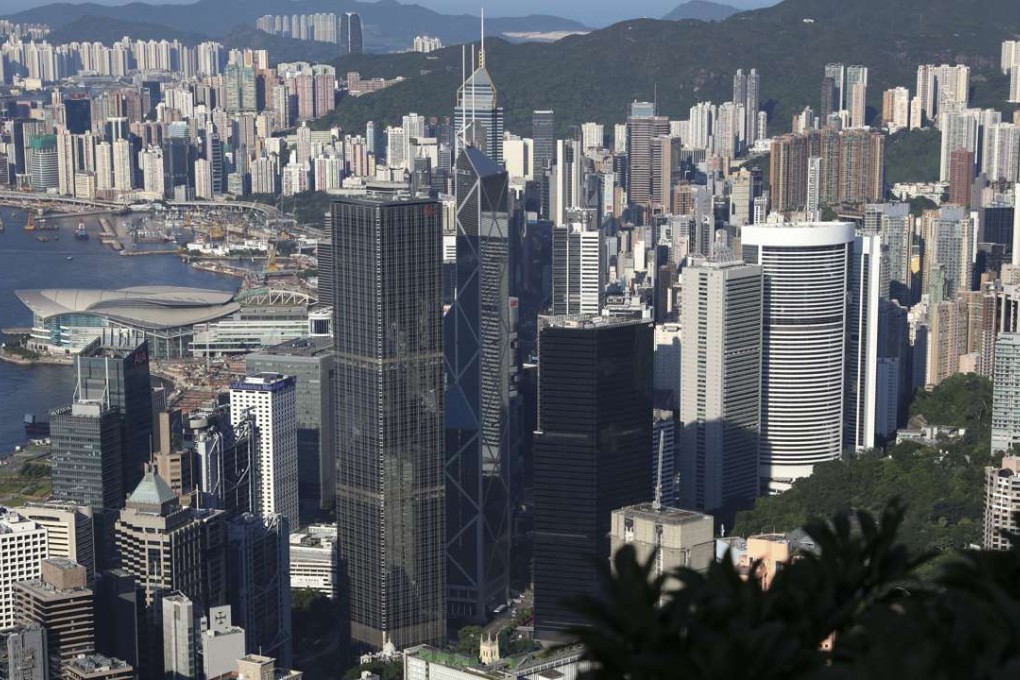Hong Kong has least affordable housing, remains at risk of bubble, says UBS
A skilled service worker would need to work for 18.5 years to afford a 60 square meter city centre flat, according to the UBS Global Real Estate Bubble Index

Hong Kong has the least affordable housing among global financial centres featured in a study by UBS, and is at risk of a bubble, despite prices dipping slightly since last year.
The city’s residential property has the highest price-to-income among the 18 financial hubs surveyed in the annual UBS Global Real Estate Bubble Index, with a score of 18.5, well ahead of places such as London, Paris, Singapore, and New York.
According to the survey’s methodology, that means a skilled service worker in Hong Kong would need to work for 18.5 years to afford a 60 square meter flat near the city centre. Even if people earning an average income — around HK$15,055 — had their salaries doubled, they would still “struggle to afford an apartment of that size,” UBS said.
The report found overvaluations had become more pronounced in the majority of cities surveyed, with Vancouver now facing the greatest risk of a housing bubble, followed by London, Stockholm, Sydney and Munich. Hong Kong completed UBS’s list of places facing a “bubble risk”.

UBS defines a bubble as a “substantial and sustained mispricing of an asset”.